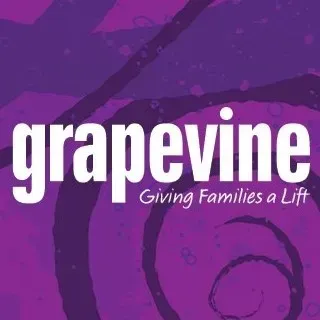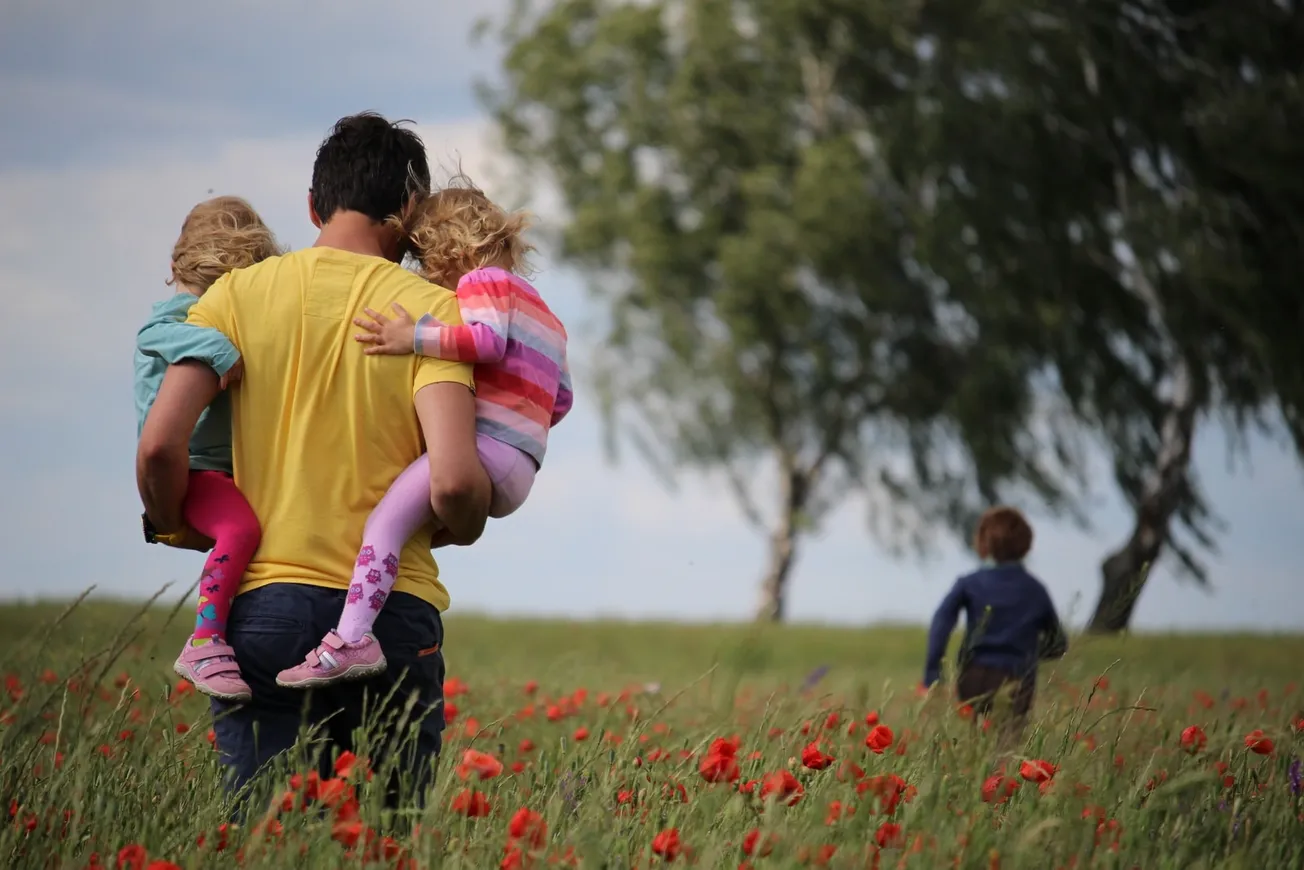Table of Contents
Alwyn Poole
Alwyn Poole founded and was the head of Mt Hobson Middle School in Auckland for 18 years. MH Academy is now an in person private school for years 11-13. There is now a nationwide online provision called Mt Hobson Academy Connected for years 1-13.

In the next issue of Grapevine Magazine I am interviewed on aspects of education. Here is a sneak preview about an area we, as a nation, simply MUST be passionate about.
GRAPEVINE: So aside from that ‘disconnect’ between family values and the school, what else went wrong?
ALWYN: There’s a range of things: I think the professionalisation of ECE (Early Childhood Education) has been problematic, because we’ve kind of said in a round-about way, that parents aren’t really the first teachers. Your role is to change some nappies… feed your kids… and if you get a bit busy, put them in front of the iPad! And your children will start learning when you put them into a childcare facility or preschool.
Well, that’s nonsensical!
We now know a tremendous amount about what’s important for a child and their development. David Eagleman from Stanford University is one of the world’s preeminent neuroscience communicators. He’s written a book called The Brain: The Story of You which clearly explains how parents play a vital role in this stuff.
Starting from within the womb, we all know that there are things for a mum to avoid – alcohol, drugs, stress, anger, smoking – those all do great harm to the growing child.
But what can do good? Because you can’t just take away harmful things and leave a vacuum! Well, the mother being fit and active; the mother eating well; the mother relaxing – doing things like reading, watching a good movie, listening to music… because all of those things allow the baby within the womb to feel peaceful and helps him or her to develop best.
GRAPEVINE: What about when they get to the ‘ECE’ age – should parents still see themselves as their child’s first teacher?
ALWYN: Well, Eagleman goes on to talk about the first three years of a child’s development. So, we know, for example, that a child should hear thousands of words each day! I grew up in a relatively materially deprived home – I can’t even remember books. And for a long time, I wondered, how on earth did I learn anything? And then I remembered that my mother could bang on like no one else – she was like a chicken who had lost something! And I just think I got so many words thrown into the mix that it was probably a very good thing!
But kids, when they are young, need to hear lots of words… lots of words! And they need to hear positive words. And they need their infantile formative responses responded to, because when they’re saying something that sounds like gobbledygook to you… to them, it makes sense!
And that’s the formative part of their brain developing. How you respond to that gobbledygook – whether you say you understand, or don’t understand (nicely!) is hugely important. If, for example, they’re saying they’d like some yoghurt out of the fridge, and you’re saying, “honey, I don’t know what you want…” it creates a degree of frustration, and they’re thinking, “I need to try again.” So, they will try again and again in that situation, until they feel understood.
But if you’re ignoring them and palming them off… then they learn to not bother trying.
And Eagleman makes this observation from the research with the Romanian orphans, where people would go into these orphanages and find that the babies were silent. That they had stopped crying because no one was responding to their crying. The neglect these children suffered during this time impacted the structure of the child’s developing brain. People would adopt these kids (because that was a good thing to do), but the road to getting them back to where they were able to be stimulated again, was often very difficult. They had basically shut down emotionally.
So, I think it’s vital we understand that, in each and every young person’s lives, parents are more important than schools. Parents are the first teachers.









